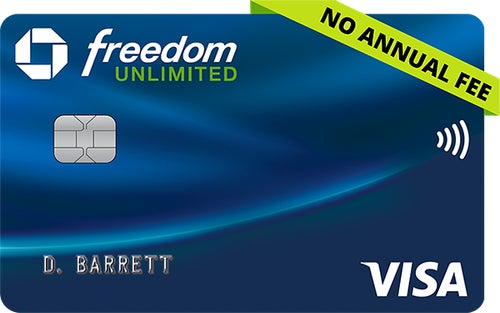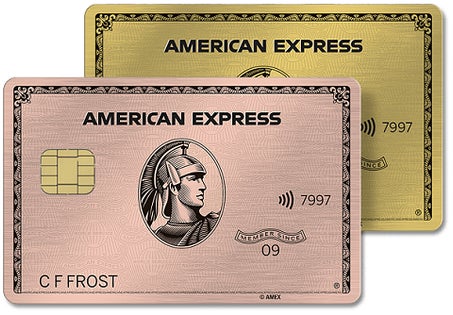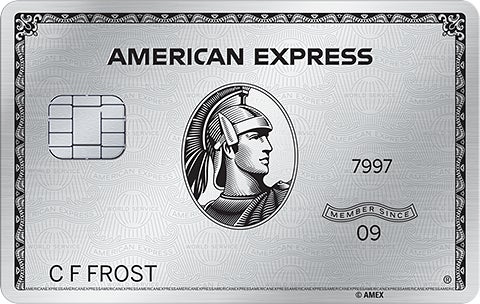
Rewards Credit Cards - Reviews
Credit card rewards come in many forms — from miles to cash back to points — that can redeemed for a variety of goodies. Some cards offer large sign-up bonuses, others offer extra earnings on bonus categories. Some cards charge annual fees. All these differences can make it difficult to compare.
We’ve created a rating system to cut through the complicated details and compare cards on a similar basis. Our ratings take into account the estimated value of their rewards, the ease of redeeming rewards and special perks and benefits. Check out the offers below from our partners.

Chase Freedom Unlimited®
Last reviewed: January 15, 2026
The Chase Freedom Unlimited® card offers a good sign-up bonus and an impressive average rewards rate, including a 1.5% cash back rate on general purchases, making it a great starter card for collecting Chase Ultimate Rewards.

Capital One Venture X Rewards Credit Card
Last reviewed: February 5, 2026
Boasting a roster of valuable perks and annual credits and one of the best rewards rates available on a luxury travel card, the Venture X card should offer terrific value for frequent travelers.

Capital One Savor Cash Rewards Credit Card
Last reviewed: December 4, 2025
The Savor card offers a good rewards rate for cardholders who spend a heavy amount on food, but most cardholders are probably better off searching for a card with a flat 2% rate.

American Express® Gold Card
Last reviewed: February 5, 2026
The annual fee is pricey, but if you’re searching for the most rewarding card for food purchases, the American Express Gold Card may be your best option.

